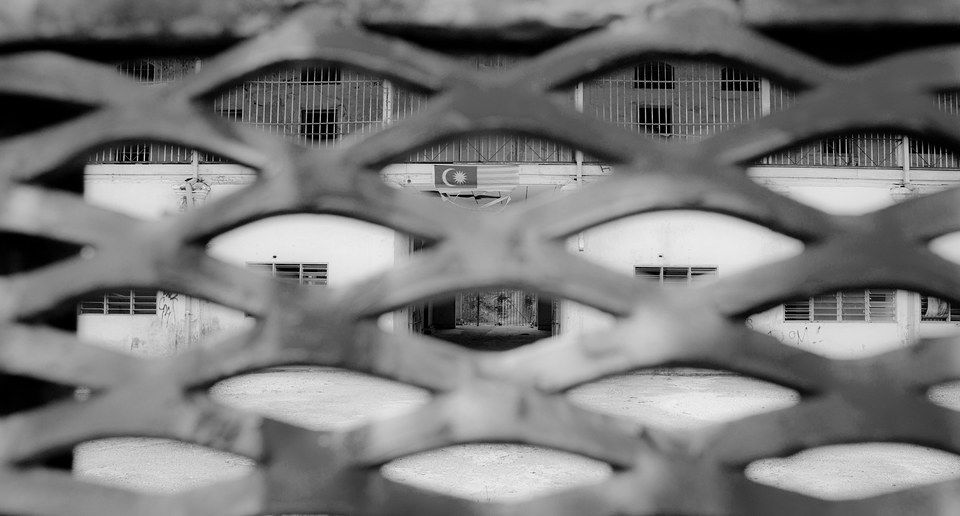By 2030, the Prisons Department hopes to minimise prison overcrowding by having two-thirds of eligible inmates receive rehabilitation in the community.
Its director-general, Nordin Muhamad, said programmes including the parole system, Compulsory Attendance Order (CAO), Resident Reintegration Program, licensed prisoner release, and various other efforts established since 2008 can lower the nation’s jail population.
According to him, there are 82,539 prisoners, of which 76,336 are imprisoned and 6,203 are part of the community rehabilitation programme.
“Currently, prisons nationwide can only house about 66,000 inmates so there is overcrowding of about 10,000 inmates.
“This initiative is expected to reduce overcrowding, and we estimate that more offenders will be considered by the court to undergo a community rehabilitation programme,” he said during the launch of the Offenders Compulsory Attendance (Amendment) Act 2022 at the department headquarters here yesterday.
Nordin said the adoption of the new amendment bill may also give young offenders the option of serving their terms outside of a prison setting.
He continued by saying that the community rehabilitation programme has successfully decreased the number of repeat offenders, with an estimate of just one out of every 400 released convicts going back to jail.
“We aim to reach 10,000 offenders who undergo CAO this year and we have already reached 79.5%, and are confident that number can be reached before November this year,” he said.
In addition, he noted that there are already 52 CAO centres and expressed hope that the government will think about establishing 20 more around the country.
Meanwhile, the Home Ministry secretary-general Wan Ahmad Dahlan said that the Prisons Department could save RM182 million annually by implementing various programmes and initiatives.
According to him, RM5.5 billion had been spent on jail management expenses during the previous five years, including the cost of providing equipment, amenities, medication, food, control, escort, staff salaries, and other charges.
“These offenders will be placed in industry and then be able to fill workforce vacancies that employ foreigners,” he said.
In September last year, deputy home minister Ismail Mohamed Said revealed that Malaysian prisons exceeded their total capacity of 61,242 inmates by 13.3%.
Ismail told the Dewan Rakyat that a total of 69,507 people were imprisoned as of August, exceeding the actual capacity by 8,265 prisoners.
Other stories to check out: The Malaysian Government has agreed to abolish mandatory death sentences | Coconuts




